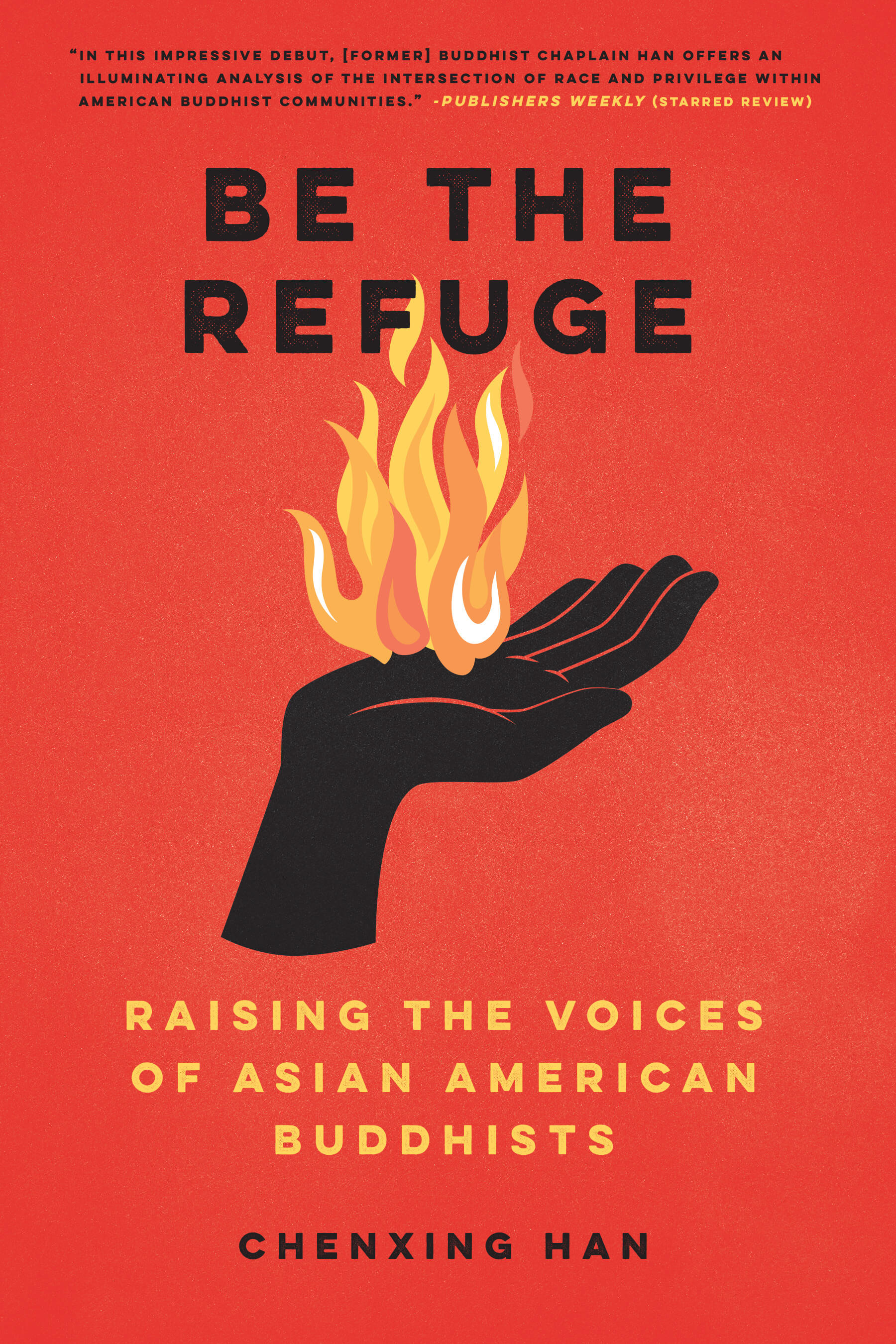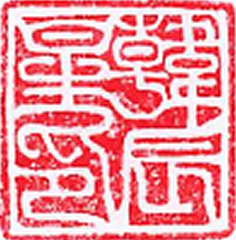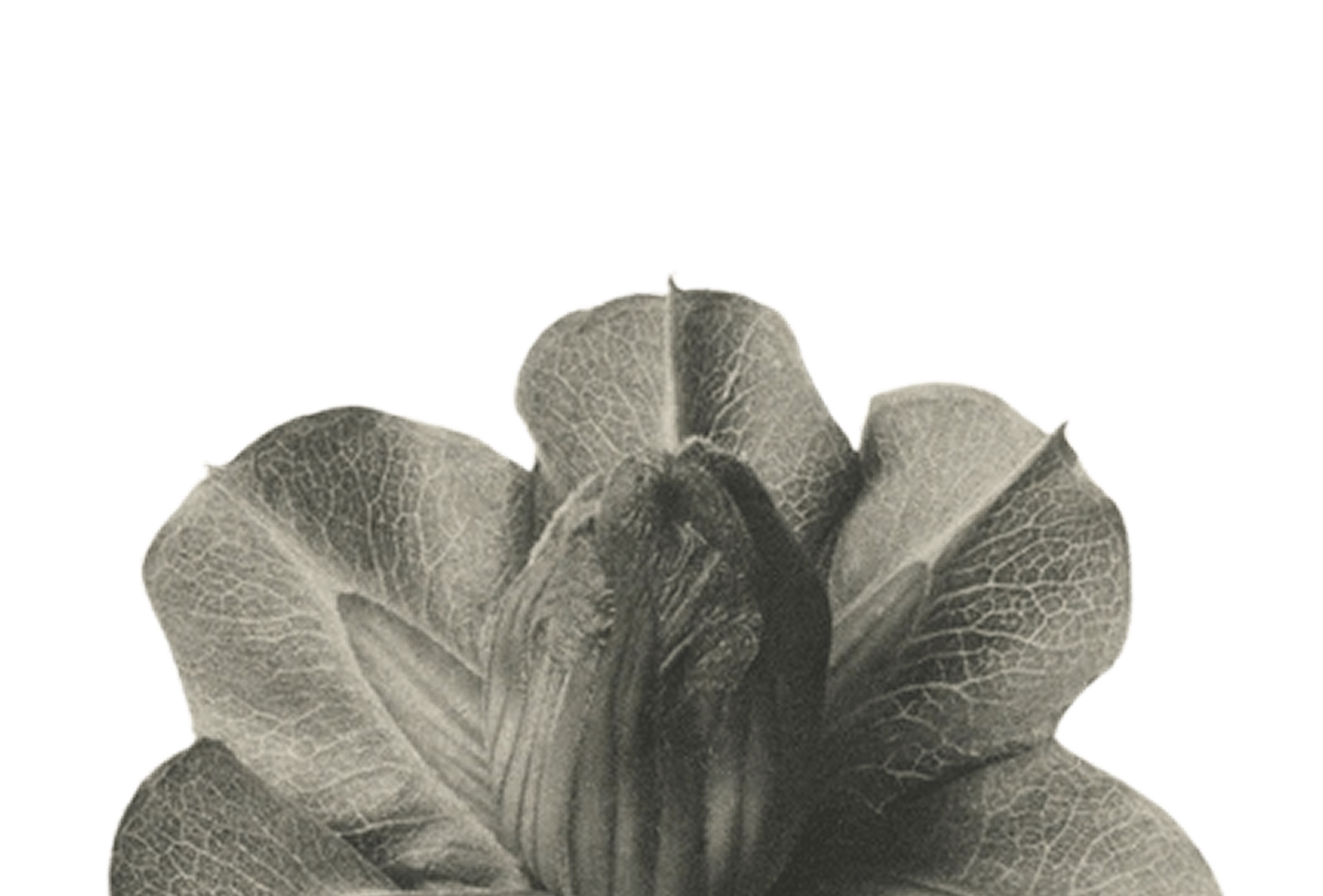BE THE REFUGE: Raising the Voices of Asian American Buddhists

Purchase the book
“[A]n illuminating analysis of the intersection of race and privilege within American Buddhist communities.”
Publishers Weekly
“Han’s vivid storytelling shatters the racialized stereotype of ‘the superstitious Asian Buddhist’”
Reading Religion
A must-read for modern sanghas—Asian American Buddhists in their own words, on their own terms.
Over two-thirds of Buddhists in the United States are Asian American, but one would never intuit this from mainstream depictions. Bylines in Buddhist magazines, editors at Buddhist publishing companies, teachers of meditation retreats, speakers at mindfulness conferences—the public face of American Buddhism—is largely white. Erased from this view are the Asian Americans who make up the majority of Buddhists in this country, the very group who brought the religion to this land and nourished it for generations.
Selected Praise for Be The Refuge
“Chenxing Han writes with a singular grace, missing nothing in a work that draws from a well of academic origins, while merging cultural critique and luminous voices into a moving memoir. No doubt many an Asian American Buddhist will find themselves heard and championed here, even as the book’s careful sifting of histories and possibilities makes it valuable reading for future scholarship. Above all, Be the Refuge lives up to its name.”
erin Khuê Ninh
Author of Ingratitude: The Debt-Bound Daughter in Asian American Literature
“In this vivid and nuanced presentation of Asian American voices, Han offers what many of us have been longing for: young voices grappling in deep and caring ways with one of the central issues of our time: how we might build a more inclusive Buddhist community—one big enough to hold our multiple identities, whether of race, ethnicity, and culture, or of gender and tradition. This book is both impressive and necessary.”
Jan Willis
Author of Dreaming Me: Black, Baptist and Buddhist
Han makes two vital contributions to the study of American Buddhism: her rich, textured ethnography centers and celebrates the depth and diversity of Asian American Buddhist lives, and her incisive theoretical work undoes essentialist typologies of Buddhism in the U.S. and the racial hierarchies too often undergirding them. Timely and compelling, Be the Refuge is essential reading for both religious studies and ethnic studies scholars and Buddhist practitioners and teachers.
Ann Gleig
Author of American Dharma: Buddhism Beyond Modernity
“A challenging, poignant, and powerful detailing of the young Asian American Buddhist experience, Be the Refuge beautifully interweaves academic research, personal narrative, and advocacy. A deeply valuable contribution to the discussion of Buddhism’s development in the West.”
Sumi Loundon Kim
Author of Blue Jean Buddha and The Buddha’s Apprentices
“Han’s interviewees descend from numerous countries, followed various paths to their faith, practice in different ways, and often question the validity of their own identity; but Han argues—compellingly and joyfully—that all contribute to a diverse and thriving American Buddhism.”
Booklist
“[A] new American sutra that is at once memoir, ethnography, history, and cultural critique”
Pacific World
“Be the Refuge opens the door for deep and difficult conversations about race, religion, and representation”
Tricycle
“Readily accessible to all readers... personal, intimate, and urgent”
The Existential Buddhist






